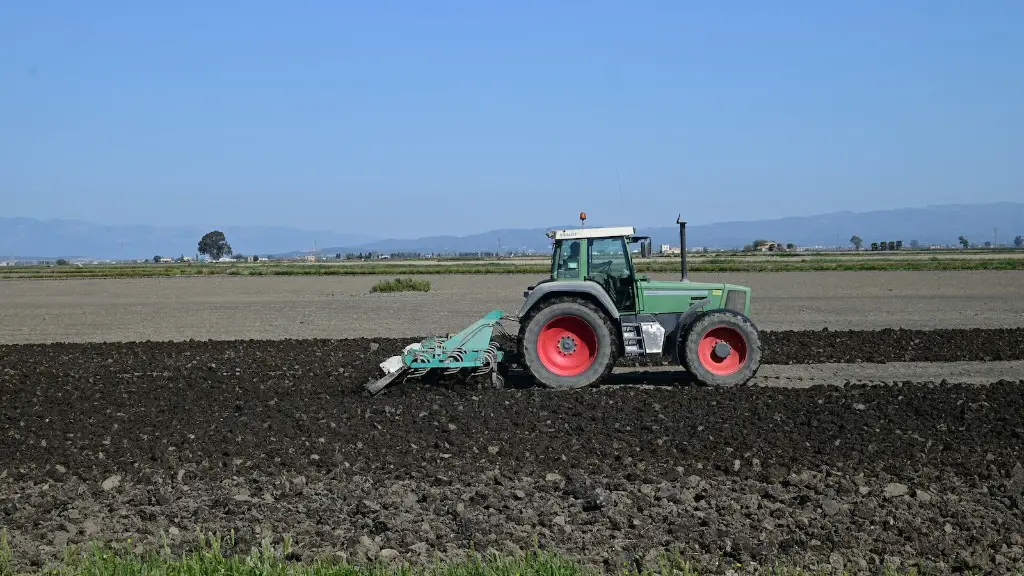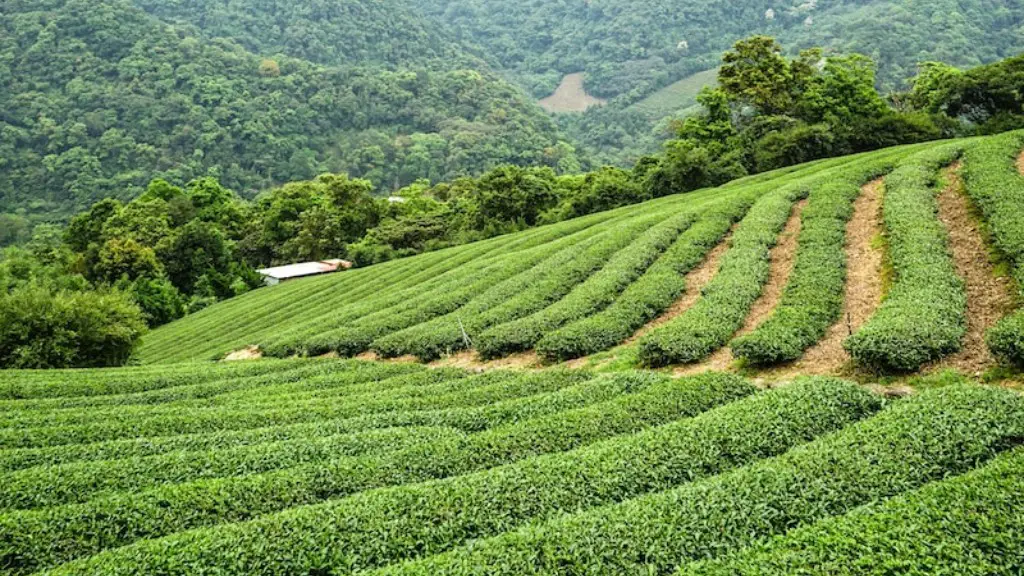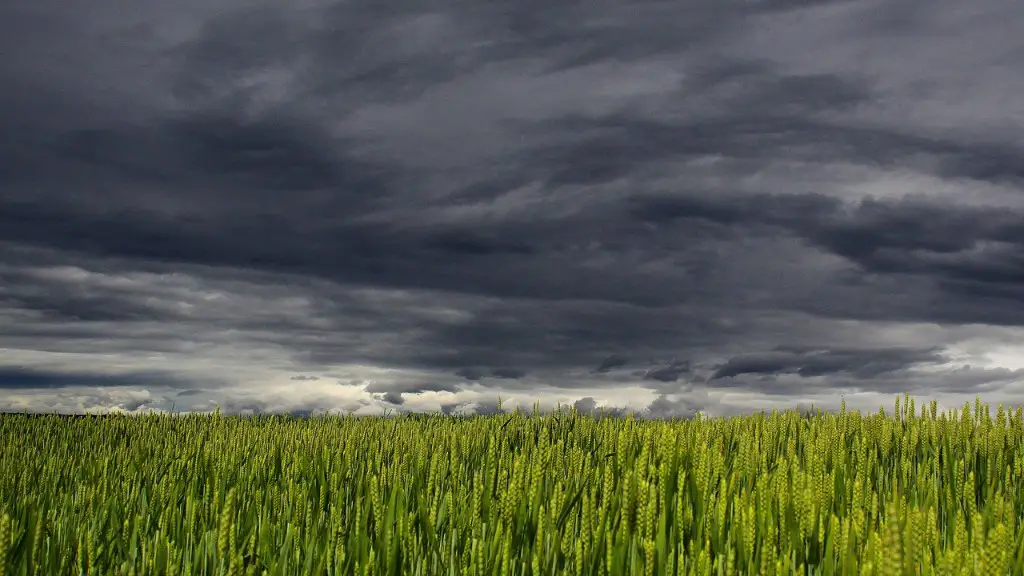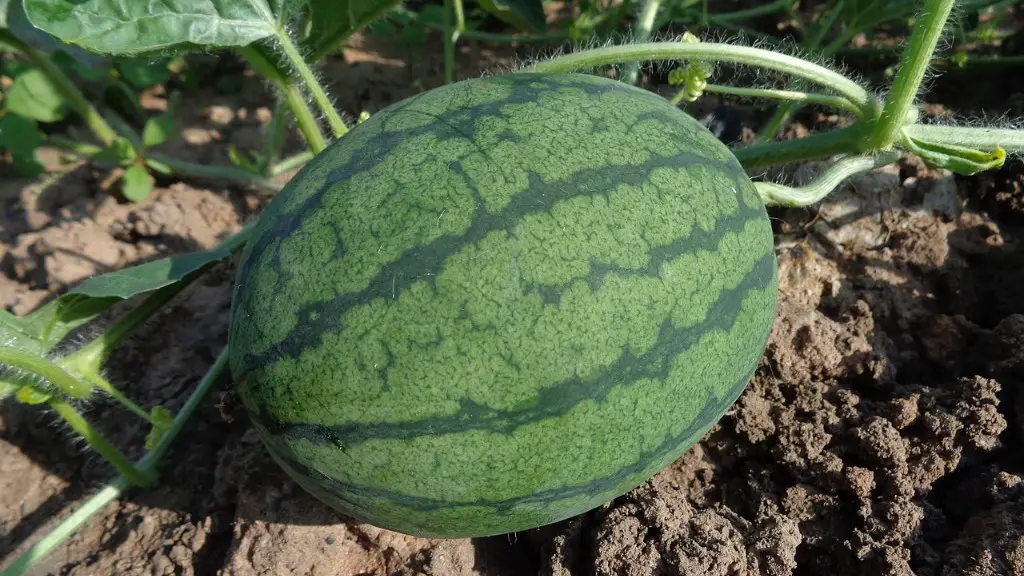Science in agriculture is the application of scientific principles and techniques to the raising of crops and livestock. Agriculture is a science because it relies on technical and analytical skills to produce food products. It also demands a comprehensive understanding of biological processes, chemistry, and physics. In addition, managers and scientists in agriculture must be able to effectively apply management principles to ensure that resources are used efficiently and that products are safe and of high quality.
Science in agriculture is the study of scientific principles and practices related to the production of food, fiber, and other plant and animal products. It includes research on improving the efficiency and sustainability of agricultural production systems, as well as on the development of new or improved crop varieties and animal breeds.
What is the meaning of science in agriculture?
The Agricultural Sciences encompass a wide range of disciplines concerned with the production of food and fibre crops, and the management and husbandry of livestock. They include the technologies of soil cultivation, crop cultivation and harvesting, animal production, and the processing of plant and animal products for human consumption and use.
The Agricultural Sciences have their origins in the traditional knowledge and practices of farmers and rural communities. Over time, this knowledge has been codified and refined through scientific research and technological innovation. Today, the Agricultural Sciences are an essential part of the modern food system, and play a vital role in ensuring a safe and secure food supply for the world’s population.
The agriculture industry has seen many scientific and technological advances throughout history. Early farmers improved their crop production by inventing the first hoes. Today, farmers improve crop production through the use of global positioning systems (GPS). GPS has helped farmers become more efficient and has increased crop yields.
What do you do in agricultural science
Agricultural and food scientists play a vital role in ensuring the productivity and sustainability of our food supply. They conduct research and experiments to improve the yield and quality of field crops, and develop new and better ways to process, package, and deliver food products. In doing so, they help to ensure that we have a safe and reliable food supply.
Agriculture science is the study of how to improve the efficiency of agricultural production. This includes research on topics such as crop rotation, irrigation, and soil fertility. It also includes the study of animal husbandry, which is the care and management of livestock.
What is the simple definition of science?
Science is the pursuit and application of knowledge and understanding of the natural and social world following a systematic methodology based on evidence. Scientific methodology includes the following: Objective observation: Measurement and data (possibly although not necessarily using mathematics as a tool) Evidence.
Agricultural science students need to work hard to achieve their desired grades. One-third of higher-level students have not managed to achieve an honor over the past three years. The honours rate was 66 percent last year. A respectable 10 percent of students achieved an A2 or higher last year.
Is agricultural science difficult?
Chemistry is definitely a challenging subject, but it’s important not to underestimate it. Botha agrees that she struggled with the chemistry aspect of the subject in Grade 11. This was her first encounter with chemistry and she struggled to master it.
Pursuing a BSc in agriculture will not be difficult for you and there are many job options available to you after completing your degree. So if you are truly interested in agriculture, it is not difficult.
What are the 4 types of agricultural science
With the world’s population continuing to grow, it is important to explore all the different types of agriculture in order to produce enough food to sustain everyone. Here is a brief overview of the four main types of agriculture:
Shifting Cultivation: Also known as slash and burn agriculture, this is a type of subsistence farming where farmers clear a piece of land by cutting down the vegetation and then burning it. They then plant crops on the land for a few years until the soil becomes depleted, at which point they move on to a new area of land. This type of agriculture is often used in tropical areas.
Subsistence Farming: This type of agriculture is used to grown enough food to feed a farmer’s family and usually has little or no surplus to sell. Farmers typically grow a variety of crops, including grains, vegetables, and fruits. The main goal is to produce enough food to survive, rather than to make a profit.
Pastoralism: This type of agriculture is focused on raising livestock, such as cows, sheep, and goats. Farmers who practice pastoralism typically live in areas with little arable land, so they must move their animals around to find grazing areas. This type of agriculture is common in Africa and Asia.
Science is constantly evolving as we learn more about the natural world. New evidence can lead to new ideas and theories, which are then tested and revised. This process ensures that scientific knowledge is reliable and accurate.
What is science answer in one sentence?
Science is the study of the nature and behaviour of natural things and the knowledge that we obtain about them. It is a systematic enterprise that builds and organizes knowledge in the form of testable explanations and predictions about the universe.
The health care industry is a vital part of our lives and it contributes to ensuring a longer and healthier life. It monitors our health, provides medicine to cure our diseases, alleviates aches and pains, helps us to provide water for our basic needs – including our food, provides energy and makes life more fun, including sports, music, entertainment and the latest gadgets.
Is there Math in agriculture
Farmers use mathematical skills and science in their day-to-day farm activities. For example, farmers use mathematical skills to estimate the seed amount needed, the cost to plant their crop based on the area of cultivable land they possess, to purchase equipment or tools needed and make payments for various purchases.
There is a great demand for agricultural degrees at the baccalaureate level. The best agricultural degrees include agroecology, food systems, environmental sciences/studies, biological sciences, international development, animal science, nutrition & food sciences, and dietetics, nutrition, and food sciences, among others.
Is it worth it to study agriculture?
If you’re wondering whether agriculture is a good major to pursue, the answer is yes! While you don’t need a degree in agriculture to land many agriculture jobs, it can help you get a better position and opens up other opportunities in the industry.
A college degree in agricultural studies focuses on the production of food and goods from the land. Students in this major take classes in agriculture, the arts, science, math, and social sciences. A bachelor’s degree is required for this major.
Warp Up
The application of scientific principles to the study of agriculture.
The conclusion for this topic could discuss the importance of science in agriculture and how it has helped farmers to be more efficient and effective in their work. It could also discuss how science has helped to improve the quality of food and the safety of the food supply.





